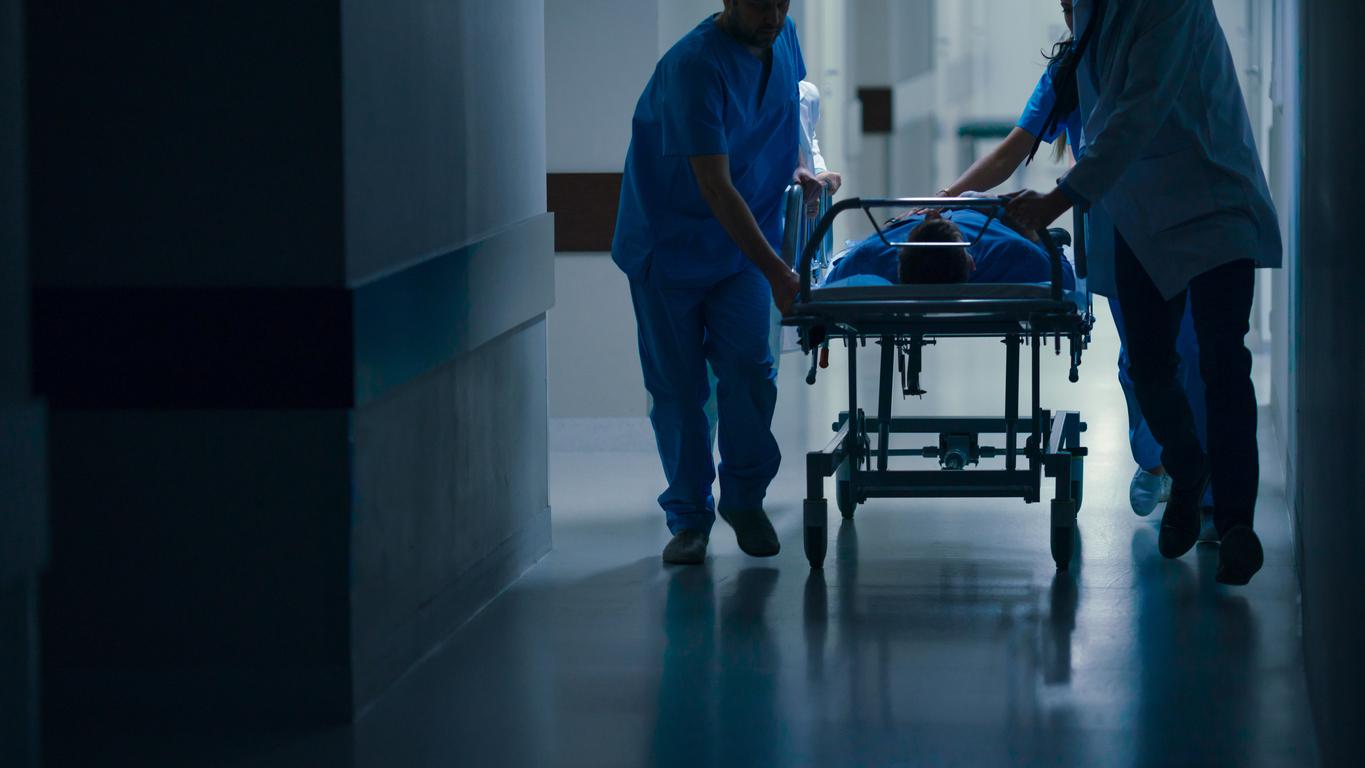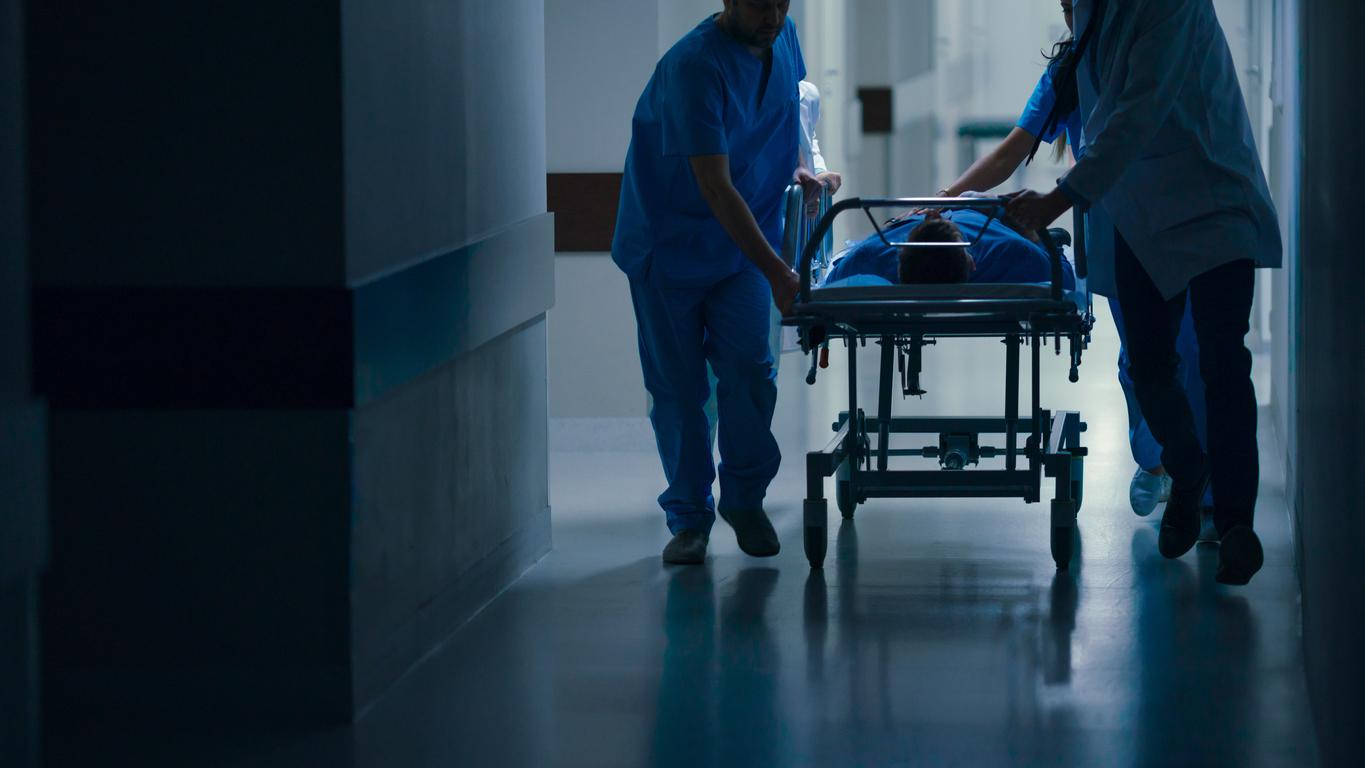In an interview with Liberation, Agnès Buzyn, the Minister of Health advances on certain choices of the coming reorganization of hospitals. Professor André Grimaldi disagrees with one of the elements chosen to base the reflection and recalls the need for a real policy for chronic diseases.

In his last interview with our colleague Release, the Minister repeats that “the T2A was one of the elements whose effects turned out to be the most negative”. But she adds: “the work on changing the pricing model (for hospitals, ed.) Will lead us to precisely qualify the weight of T2A … The overall budget is not moving towards anything. The advantage of pricing by activity is that you can make choices ”. In saying this, she is mistaken, perpetuating the error denounced by the “orthodox” fringe of health economists.
An annual global budget for chronic diseases
The funding is there to allow the right care at the lowest cost not to replace a real health policy, necessary in particular to meet the challenges of chronic disease (quality, coordination, responsiveness to constantly adapt to new modes of treatment … .). The payment method must allow this policy, not replace it, as the T2A does structurally.
The advantage of the annual global budget co-managed with the administration for the financing of chronic diseases is to give the first role to the medical project and not to the financial management whereas the pricing policy, as sophisticated as it is, conditions the activity to the prices without the possibility of medical choice.
The disadvantage of the overall budget that we have known is the risk of freezing the endowment over the years. This is why the “new annual global budget” for chronic diseases must be adjusted according to a few simple and robust criteria of activity and the social status of the population. It must be shared with a collective incentive of the team and the establishment in the event of savings and revisable in the event of a technological leap reducing the costs of support.
Are we going to extend the list of hospitals that are doing badly?
More surprisingly, the Minister tells us: “With Gérald Darmanin, the Minister of Action and Public Accounts, we are working very well. Never has a government been so united, I have never had to ask Matignon for arbitration ”. On reading one is surprised by the nominal reference to Gerald Darmanin and on rereading one wonders if it is indeed Agnès Buzyn in the text.
Be that as it may, hospital workers, caregivers and non-caregivers, doctors and nurses must understand that they must themselves ask for “Matignon arbitration”. What justification is there, in fact, for further lowering T2A tariffs and the amount of allocations in 2018, when the 2017 ONDAM was required, when there was no increase? activity (of its coding) and while hospitals record a deficit of 1.5 billion euros?
The Minister is rightly pleased that “many hospitals are functioning very well, without deficit, with a very good working atmosphere”.
Is the goal of the new 2018 purge to extend the list of hospitals that are doing badly, after Paris, Marseille, Grenoble, Lille, Toulouse, Angers, Orléans, Limoges …?
.















